Is Catalonia’s independence movement dead in the water? Elections held in the region on Sunday reveal that support for separatist parties dropped significantly. Between them, the hard-line Junts per Catalunya, the Republican Left of Catalonia (ERC) and two small separatist parties only managed sixty-one seats — of which thirty-five went to Junts. In the regional parliament, sixty-eight seats are required for a majority.
This is an anti-climatic end to an impassioned, and at times dramatic, saga for the region. On October 27, 2017, confident that the European Union would welcome a new, freedom-loving net-contributor to its budget, Catalonia boldly declared itself “an independent and sovereign state.” But rather than a warm welcome, the European Union gave the region the cold shoulder, siding instead with Madrid.
Sánchez has already ruled the referendum out (though few, of course, now trust his promises)
Slowly the realization dawned on the separatists responsible for Catalonia’s attempted dash to freedom that the moment the region ceased to be part of Spain it would also cease to be part of the EU — a prospect too terrible, it turned out, to be contemplated. The whole episode was rather like watching a stroppy teenager flounce out of the house, slam the front door and then think, “Oh! But… now what?”
The separatists, it became apparent, had given no thought to what would happen after declaring independence — that, for example, businesses in search of legal certainty would start to move out of the region. Fortunately, delivering on King Felipe’s promise to give Catalonia’s non-separatist majority the “full support of the rest of Spain and the absolute guarantee of the rule of law,” Spain’s central government rescued the “independentistas” from their folly by imposing direct rule.
Meanwhile, pursued by police, Carles Puigdemont, the head of the Catalan regional government responsible for the illegal declaration of independence, left the country hidden in the boot of a Skoda. To the intense frustration of millions of Spaniards, when he surfaced in Waterloo, Belgium refused to extradite him. Other separatist leaders also fled, while several were imprisoned for terms ranging from nine to thirteen years.
Calm gradually returned. Polls suggested that support for independence was declining as Catalans began to worry about genuine problems such as improving schools, tackling the drought and cutting poverty. It helped too when in 2021 Spain’s left-wing prime minister, Pedro Sánchez, pardoned the nine imprisoned separatists despite having previously declared that their sentences should be served in full.
But then Catalan separatism returned with a vengeance. Following last July’s general election, Sánchez discovered that in order to stay in power, he was going to need the seven votes of Junts per Catalunya, led by Puigdemont. The price was an amnesty for the hundreds of separatists, including Puigdemont, still facing criminal charges for their involvement in the 2017 independence push, due to become law in the coming weeks.
Sánchez had previously promised that he would never grant any such amnesty — indeed, that he couldn’t because it would be unconstitutional. But now he suddenly discovered that after all he could and, what’s more, that he should, since it would help to restore normality in Catalonia. Besides, he explained, as though this clinched the matter, he was doing Spain, and indeed the whole European Union, a favor by forming this “progressive” government in extremis: a repeat election might well result in a right-wing administration that included the hardline Vox Party.
Vox, according to the Spanish left-wing’s endlessly repeated mantra, is a “neo-fascist” party that must be kept from power at all costs. And so must the other right-wing party, the Partido Popular, since its willingness to govern together with Vox makes it an enabler of this supposed fascism. In fact, though, far from being the villainous heir of General Franco, as Sánchez’s self-serving narrative has it, Vox defends the constitution, participates actively in the democratic process and can plausibly claim to have enriched Spain’s democracy by giving voice to people who previously felt unrepresented.
But maintaining that both the right-wing parties are now beyond the pale is a convenient article of faith for Sánchez, justifying him in going to any lengths to stay in power. He has repeatedly ignored warnings about the dangers of this alliance with the separatists, who relish living up to their reputation as the enemies of Spain. He’s also ignored the visceral disgust felt across the country at his readiness to grant clemency to fugitives in return for votes.
Sánchez’s fragile administration including the deal with the separatists seemed in danger last month when he suddenly declared that he was going to take a break from his duties so that he could decide whether he still wanted to be Spain’s prime minister. The corruption investigation (instigated, he explained, by right-wing extremists) into his wife’s dealings had left him wondering if it was all worth it. But with Spain’s government hanging in the balance, the question now arose: was the amnesty safe? The separatists must have breathed a sigh of relief when, after five days of profound reflection, Sánchez emerged to announce that he would after all continue.
With the amnesty soon to become law, Puigdemont has relocated to the south of France from where he campaigned in Sunday’s regional election. Both his party and ERC, the other main separatist party, have been pushing their next demand: a legally binding referendum on independence. While that may seem a perfectly reasonable request, Spain’s constitution makes it extremely difficult to grant; Sánchez, moreover, has already ruled the referendum out (though few, of course, now trust his promises).
The referendum may be about to become a major issue. With no party coming close to the sixty-eight seats required for a majority, it’s unclear what, if any, government will eventually emerge following Sunday’s elections. But perhaps the most likely outcome is that, after weeks of negotiations over possible coalitions and pacts, the Catalan branch of Pedro Sánchez’s Socialist Party, which topped the poll with forty-two seats, will eventually form a left-wing government with the support of Comuns/Sumar (six seats) and the ERC separatists (twenty).
If so, ERC might seek to exploit its position as kingmaker to demand that referendum on independence. That would trigger renewed conflict with Madrid and anger across Spain, reviving tensions and economic uncertainty in the region and distracting from its many genuine problems. This is a high price to pay for the freedom to vote on something that ultimately, the events of 2017 and Sunday’s election suggest, a majority of Catalans don’t even want.
This article was originally published on The Spectator’s UK website.



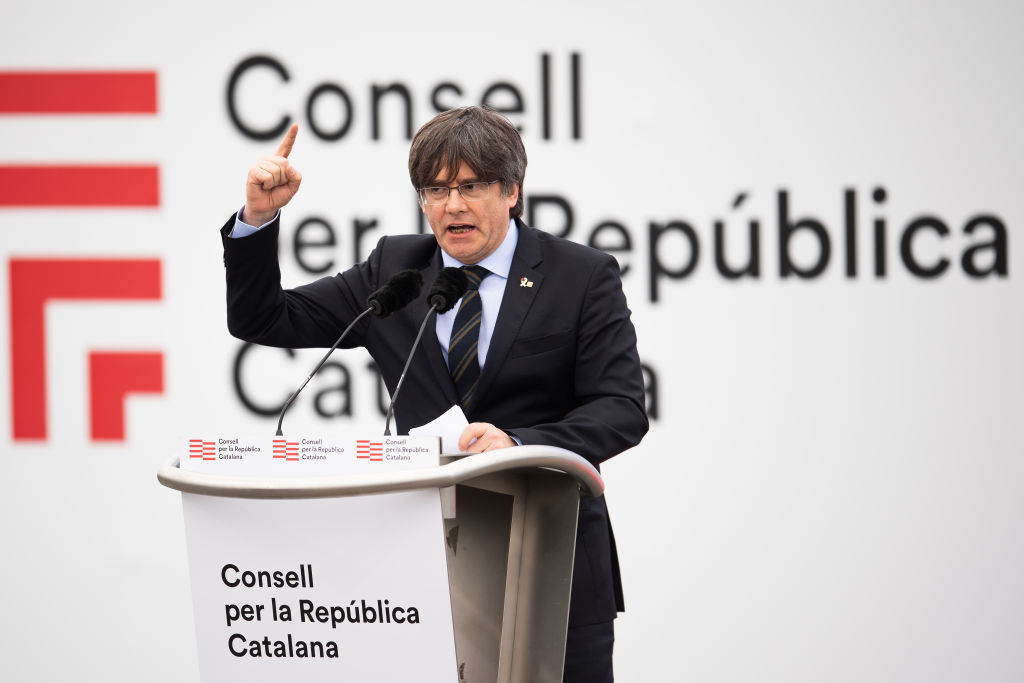






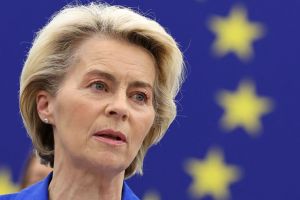


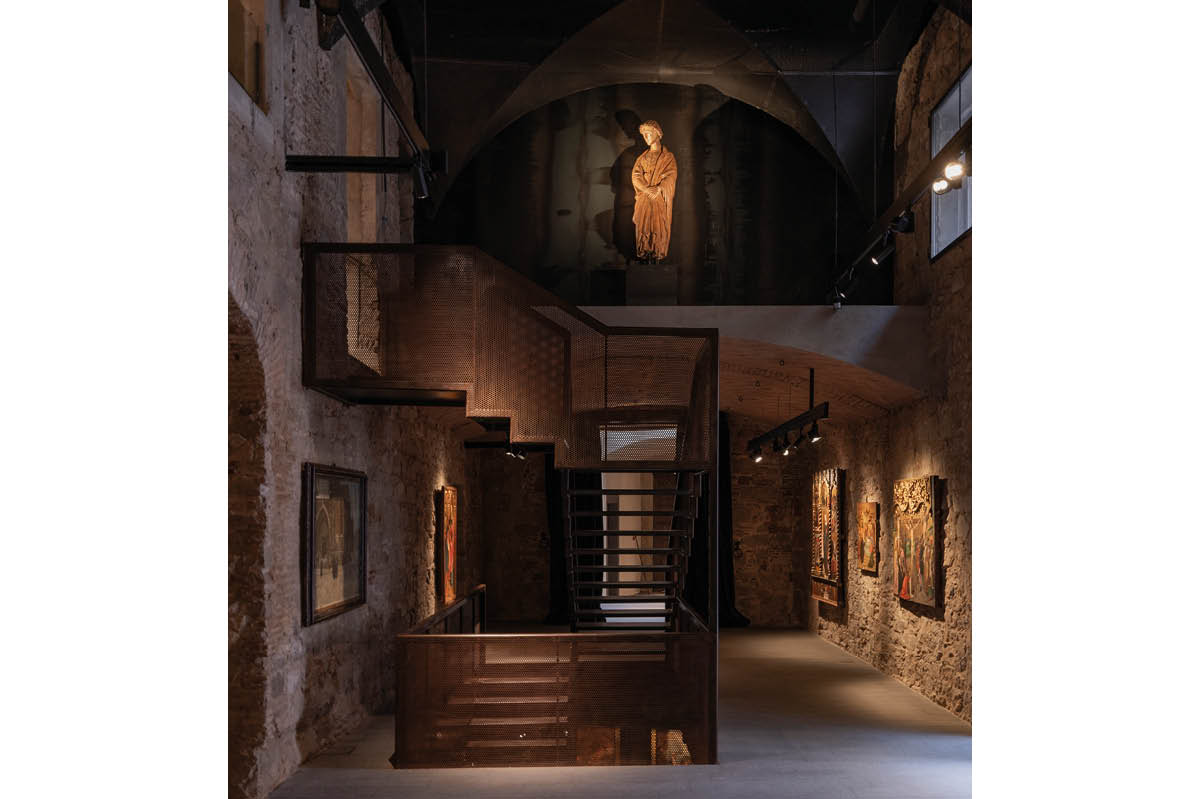


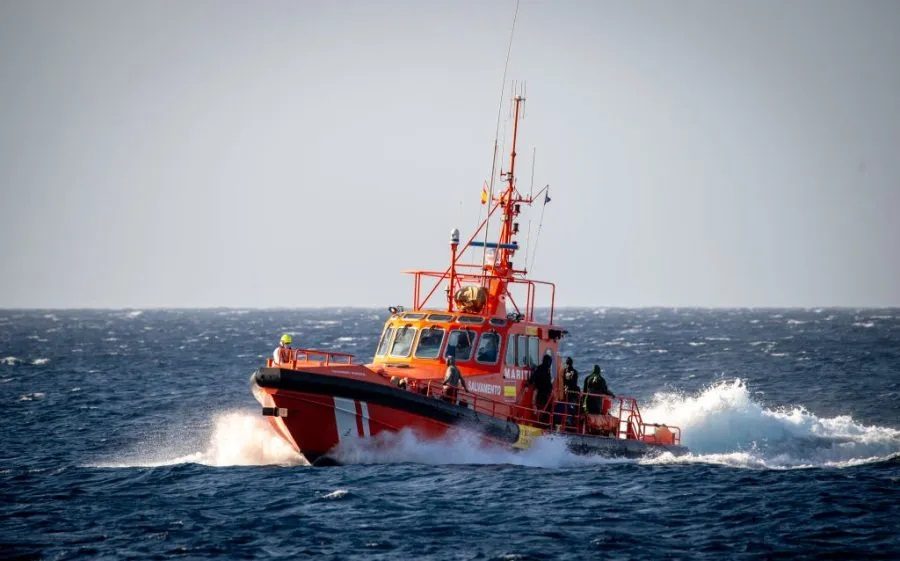
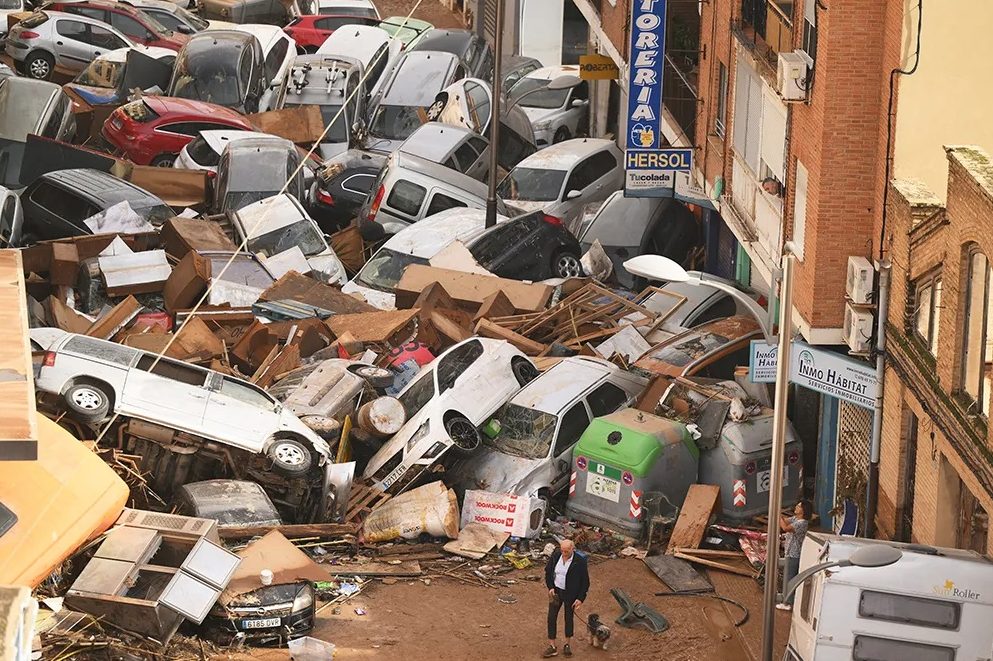
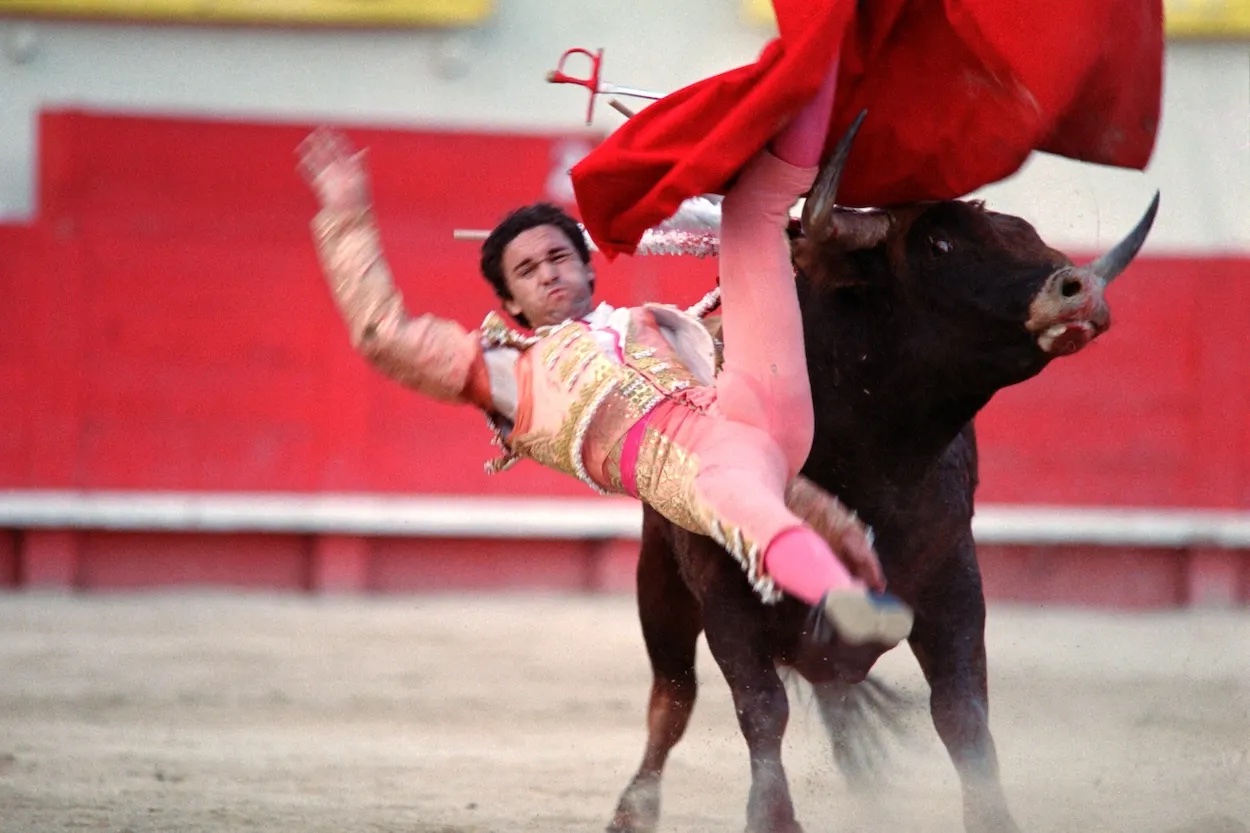







Leave a Reply